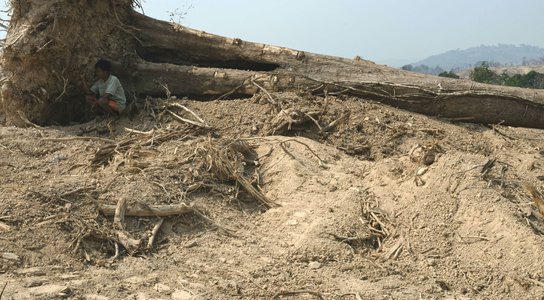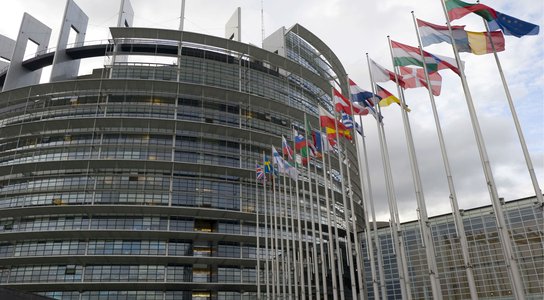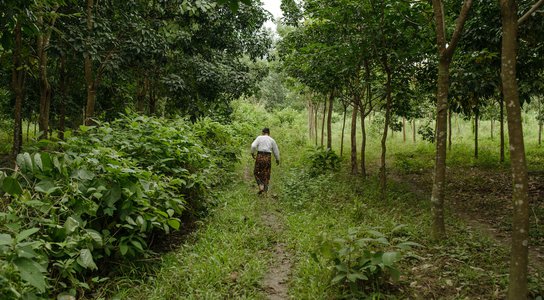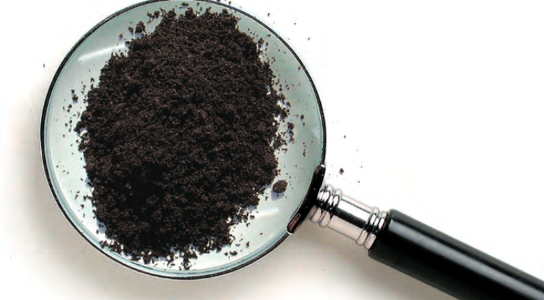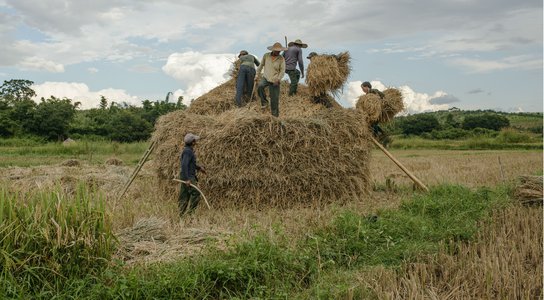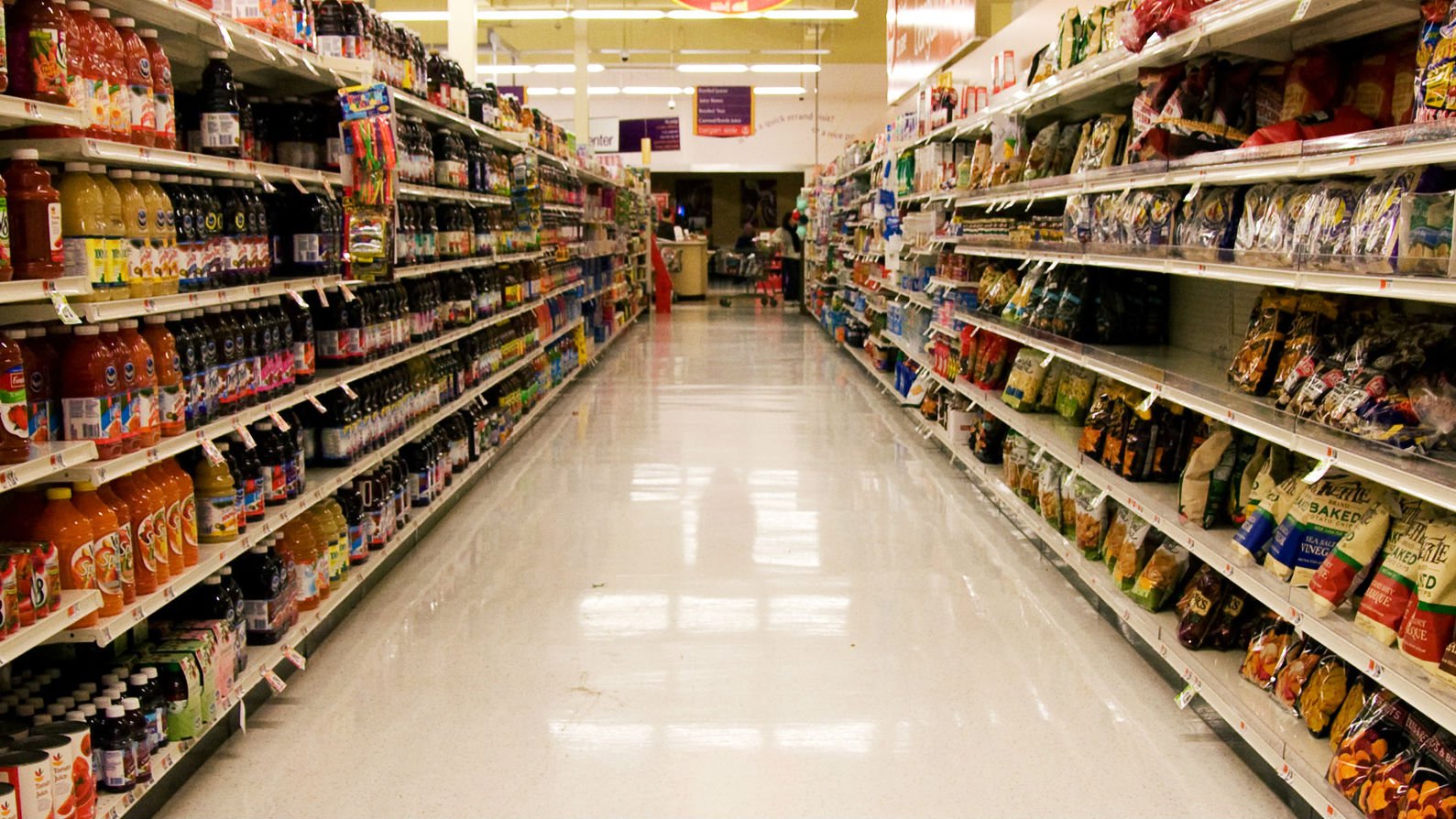Land grabbing crises in Asia and Africa are closer than you think. We’re occasionally made aware of this – of how Coca Cola’s sugar was linked to land seizures and human rights violations or how European banks and pension funds are financing Wilmar – the world’s biggest palm oil company - to grab land in Uganda, for example. But more often than not we are oblivious to the social and environmental footprint of our everyday life choices.
This is largely due to a lack of regulation. While companies in Europe, the US and Australia caught importing illegal timber can be prosecuted, there are no international regulations on the trade of land or the products grown on it, such as coffee, sugarcane, rice, rubber or palm oil. This means there is no legal incentive for companies to ensure that agricultural products don’t originate from land that was forcibly taken from the people who live on it.
Likewise, despite efforts in Europe and the US to improve regulations of the finance sector following the 2008 economic crisis, there are still almost no rules stopping investors profiting from land grabbing. In 2013, we showed how rubber companies linked to land grabbing in Cambodia and Laos were backed by investors including Deutsche Bank, Credit Suisse and the International Finance Corporation, the private lending arm of the World Bank.
Global Witness has been documenting land grabbing crises in countries such as Cambodia, Myanmar, Papua New Guinea and Liberia, where governments strike secretive deals with agri-business companies for land at the expense of communities that have relied on it for generations. These communities are often unable to access justice domestically, but right now the only recourse they have internationally is to voluntary standards and industry round-tables that lack teeth.
As global demand for food and other agricultural commodities increases, commercial pressure on land will too. Global Witness is calling on Europe and the US to introduce binding regulations to ensure that companies and investors are punished for their role in land grabbing, not profiting from it.
